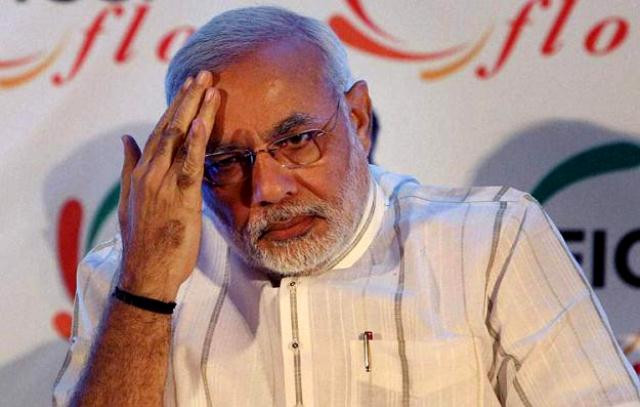Indian govt turns down bill asking to declare Pakistan a 'terrorist state'
Declaring Pakistan “terror state” could have “diplomatic and far-reaching consequences”, says Indian home...

PHOTO: AFP
Declaring Pakistan a “terror state” could have “diplomatic as well as other far-reaching consequences”, the Indian home minister told the upper house of the parliament.
‘The Declaration of Countries as Sponsor of Terrorism Bill, 2016’ was put forward by an Indian MP Rajeev Chandrasekhar, a local leader of Bharatiya Janata Party (BJP) in Kerala state. It heated up the debate in February as it asked the upper house of the Indian parliament for legal, economic and travel sanctions against citizens of countries which are promoting terrorism.
Indo-Pak conflict could escalate into ‘nuclear exchange': US Centcom commander
“To declare a country as a terrorist state can have diplomatic as well as other far-reaching consequences. Before doing so a detailed study is required. Therefore, I request Chandrasekhar to withdraw the bill,” said the Minister of State for Home Hansraj Gangaram Ahir while addressing the upper house.
The Indian minister was of the opinion that the Indian state was already doing enough to deal with the citizens of countries supporting terror.
Making a statement was not the idea behind this Indo-Pak collaboration
“The government has taken many steps to deal with terror. The existing laws already have sufficient provisions for dealing with citizens of a terrorist country,” he added while urging the BJP leader to retract the bill.
Although the right-winger withdrew the bill, he managed to garner support within the Indian corridors of power.
Elected member and a veteran Indian lawyer KTS Tulsi said, “I am not opposed to the Bill but I have my doubts. We need to examine the practical utility of declaring Pakistan a terror state.”



















COMMENTS
Comments are moderated and generally will be posted if they are on-topic and not abusive.
For more information, please see our Comments FAQ